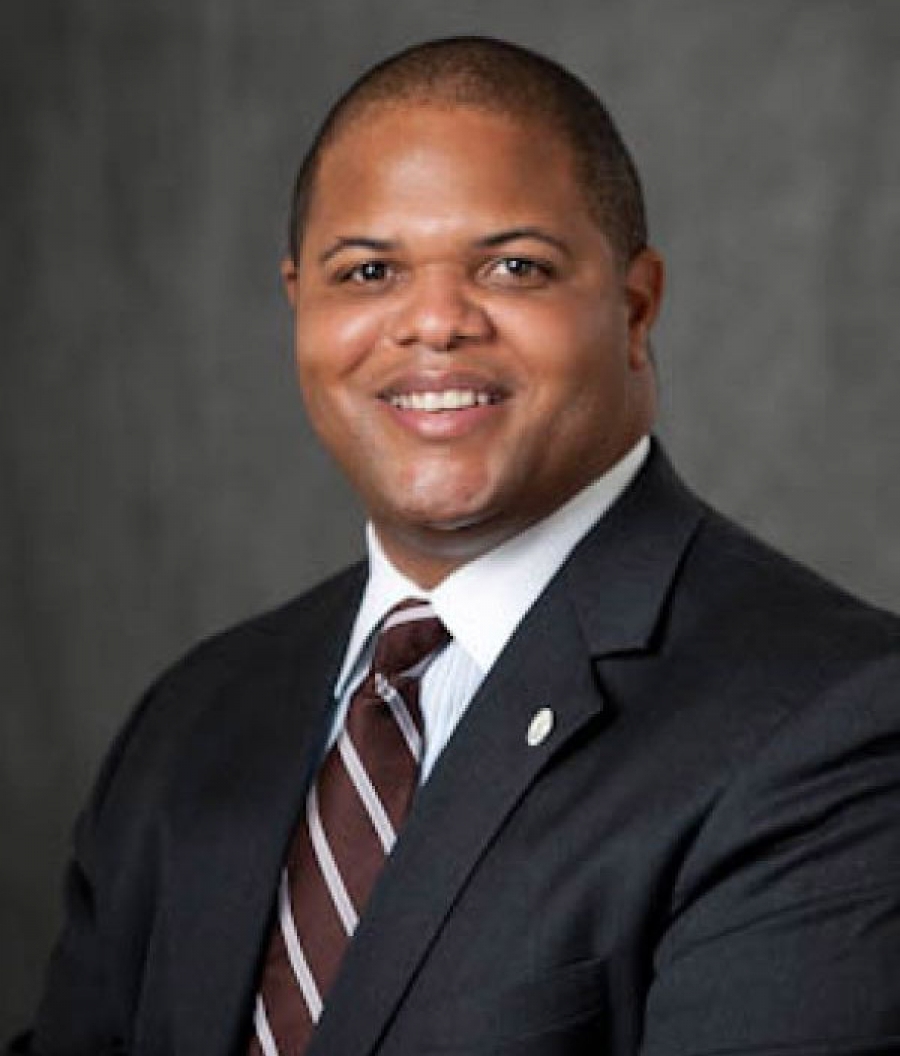Background
A study conducted by the Federal Deposit Insurance Corporation (FDIC) in 2013 found that 9.6 million households were unbanked. The highest of which were found among non-Asian minorities, lower-income households, younger households, and unemployed households. For people of color being unbanked (having no bank accounts) or underbanked (having bank accounts but still using alternative payment systems, such as payday loans, check cashing, and money orders) creates barriers to securing financial security and asset building. Additionally, living without bank accounts prevents these communities from using services that require bank accounts. To increase financial literacy and awareness, Black state legislators have focused on passing bills that increase the number of banks in local communities and other provisions.
NBCSL Action
The National Black Caucus of State Legislators (NBCSL) as a part of Quad Caucus, held a meeting in Honolulu, HI. As a part of the legislative workshop legislators discussed asset-building, Earned Income Tax Credits (EITC), and Banking Development Districts. Banking development districts encourage the development of bank branches in underserved areas. The discussion was greatly focused on how to inform young children and young adults on the importance of banking and financial security. NBCSL has also supported the development of financial institutions in Resolution BFI-15-14 IMPROVING AND EXPANDING MINORITY ACCESS TO SUSTAINABLE FINANCIAL SOLUTIONS, to increase financial freedom and opportunity among minority communities.
Legislative Victory
Texas has one of the largest un-banked and under-banked populations in the country. This is partly due to mainstream financial institutions closing their doors at a greater rate in low-income communities while sub-prime lenders, such as payday and title lenders, have disproportionately expanded their footprint in these areas. Representative Eric Johnson introduced House Bill 1626, which allows city and county governments to request the designation of Credit Union or Banking Development Districts in areas with limited access to mainstream banking services by applying to either the Credit Union Commission or the Finance Commission of Texas. This would allow banks or credit unions that open new branches within these districts to be eligible to receive deposits from local governments and the state comptroller.
NBCSL applauds this measure and the efforts to solve problems as complex as the lack of economic development and jobs in certain communities. NBCSL members continue to introduce and develop common sense solutions to these and other problems.
